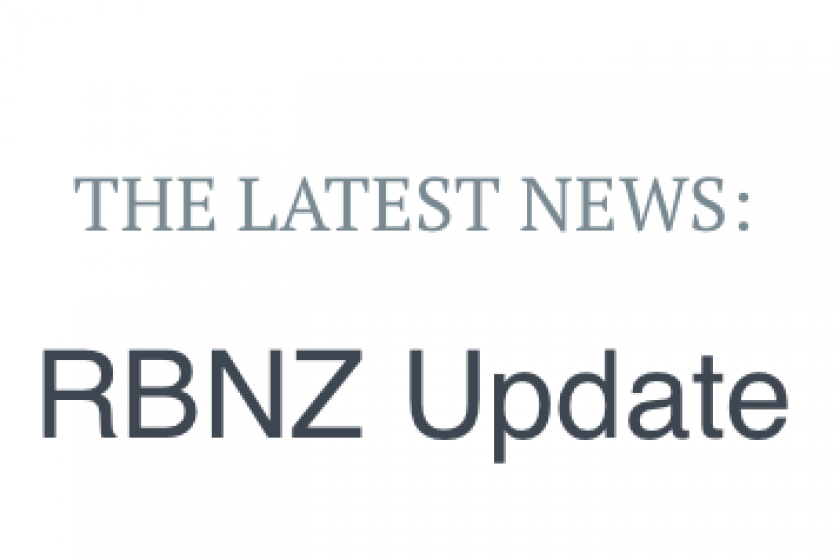Market Overview:
With the US pulling from the Iran deal this has put pressure on European countries which still want the deal to stay in place. China, France, Russia, Britain and Germany all have expressed commitment to stay in the deal. Germany in particular has said they would try to persuade the US government to continue with it. On Sunday the US government threatened to bring about new sanctions on these countries who currently do business with Iran. The US are still hopeful that they and their allies could strike up a new deal with Iran. The US national security adviser John Bolton said a possible deal could be made but this depends on the “conduct of the other governments”. The withdraw by the US has raised the risk of further conflict in the Middle East with a lack of current stability there. Currency markets had an uneventful close the week, the US Dollar is still the currency of choice, then it’s a distant second to the Canadian Dollar. Crude Oil prices soured based on uneasiness with the Iran situation raising to a high of 71.71 before settling around 70.70 at the weekly close. The US Dollar Index spiked to 92.55 showing the wide ranging support for the greenback. Equities remain strong as well with the DOW index coming off a weekly low of 24200 to close around 24830. The RBA kept the benchmark rate unchanged at 1.5% extending its record breaking run and the Bank of England (BoE) left their benchmark cash rate unchanged at 0.50% in a 2-7 vote as markets expected, although the market saw the BoE comments as generally dovish after the pricing out a rate hike for 2018. This Thursday we have the NZ Budget, this will set the tone for the NZ Dollar for a while to come. With business sentiment at a low since the Labour government took office Ardern is mindful of this while the budget will aim to change people’s perception that the country’s economic tender situation is a little more rosy. We can expect to see a homeless package of $100M come in along with a health boost of over 8B over the next 4 years. Read more










